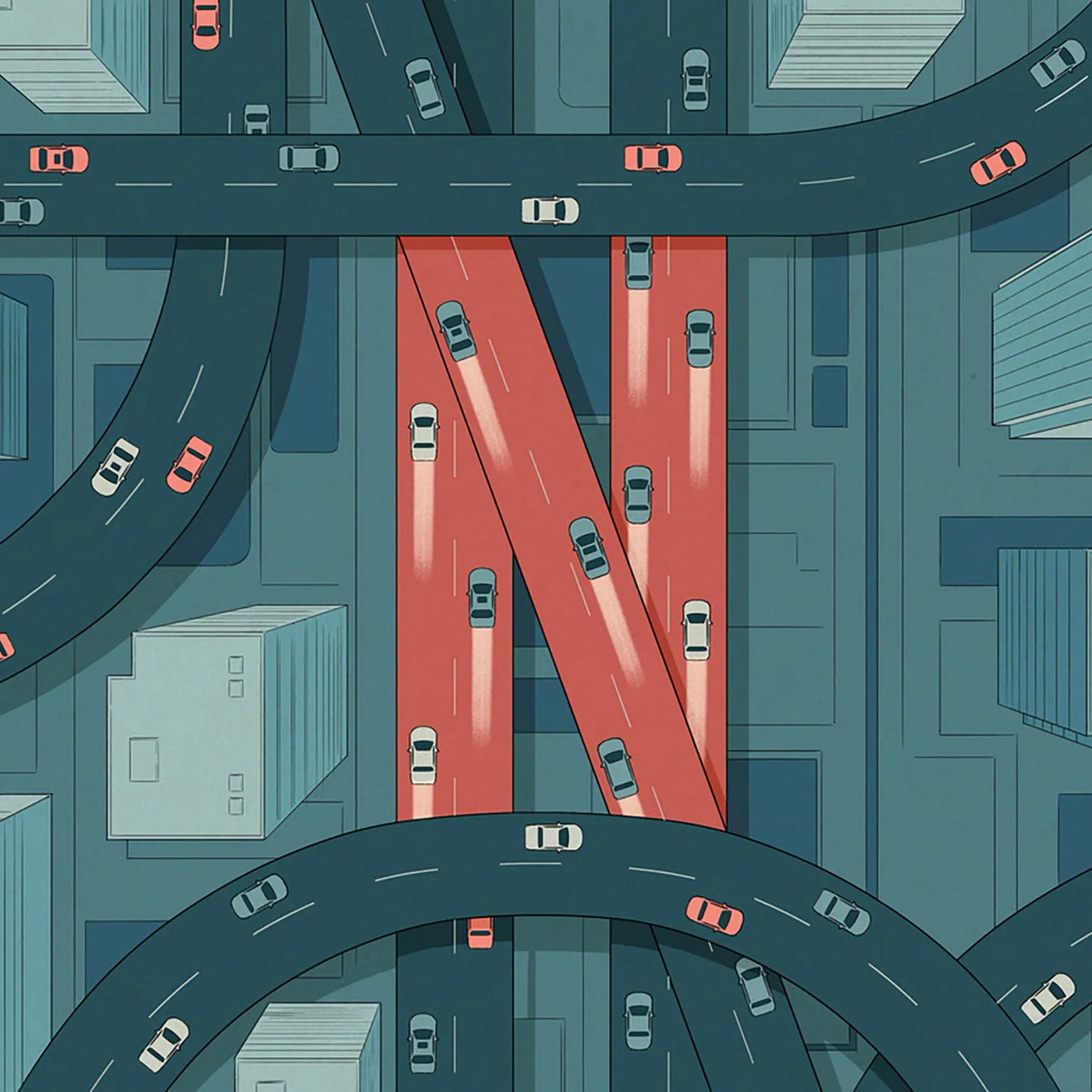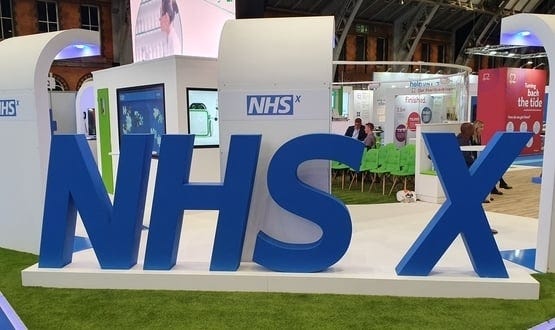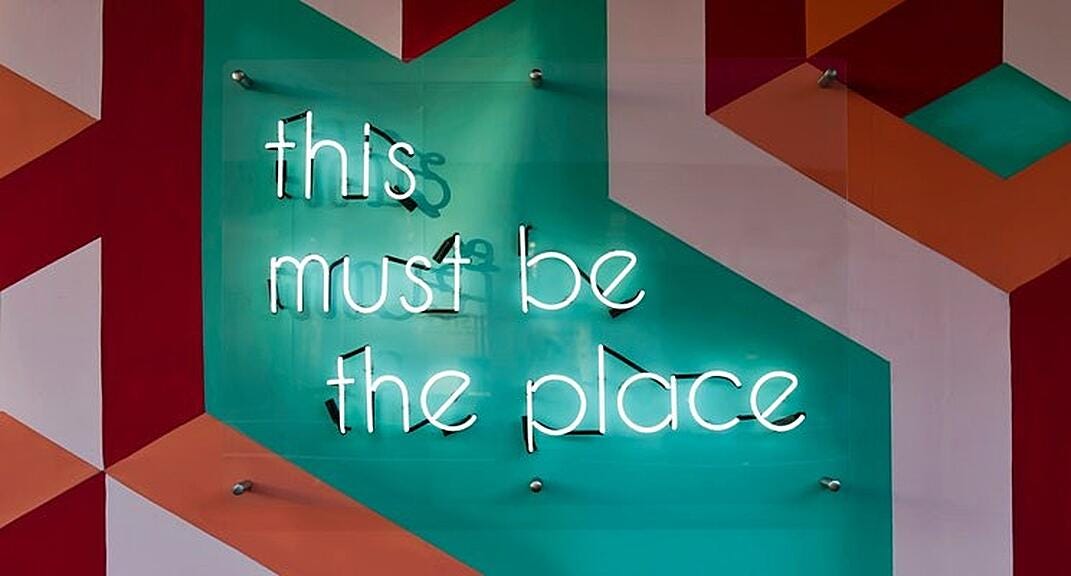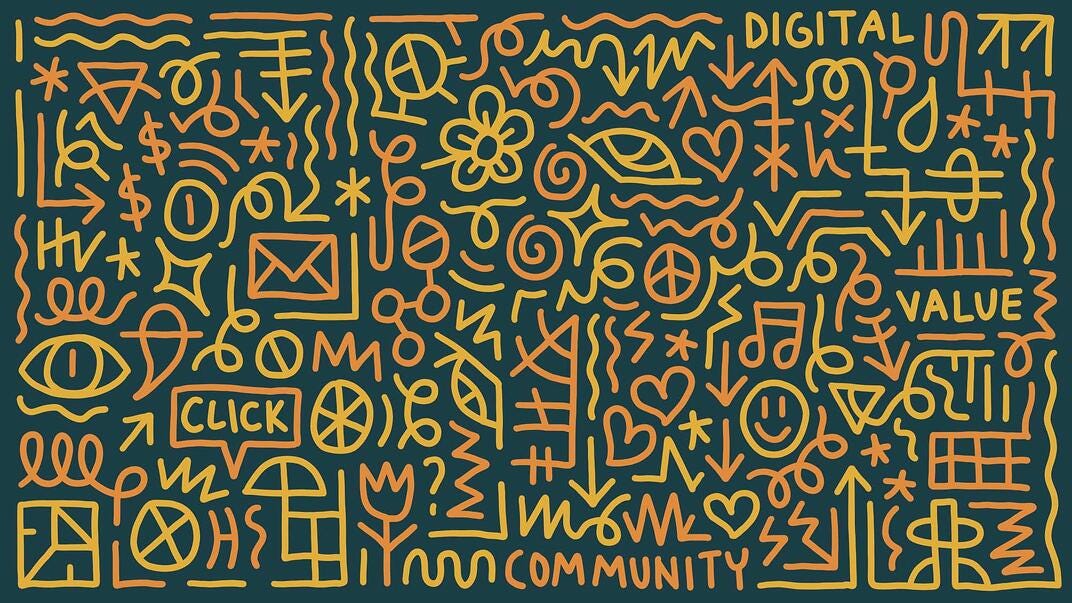The Wrap #16 | Too many systems spoil the broth...
A shot of thinking fuel, brought to you each month by Futurestate Design Co.
What better time than Christmas to think about the structures that support us? Family, perhaps. The trains, planes and roads we take to see them, certainly. Trouser elastic; a big thanks to you.
How about the streamlining of services and their structures, for focused investment in delivering the best possible customer experience?
As offices close for the holidays, we’ve selected some crackers for all that time you’ll have on your hands over the next couple of weeks. We hope you all have a wonderful, and healthy, break.
Good enough isn’t good enough
What’s going on?
The Verge ‘look under the hood’ at Netflix, explaining how the streaming service is able to provide its content to its members almost seamlessly, thanks to a unique in-house content distribution network, Open Connect.
Why it matters?
This is a great example of knowing exactly what is most important to your success and investing heavily in the things that will deliver it.
It also shows how settling for the status quo means you’ll be in the shadows of companies that double-down on challenging it: what Netflix have done is build a solution to a problem that all streaming services face but, whilst the problem is ‘outside’ of their business, Netflix realised that they could steal a march on their competitors by taking ownership of the problem themselves, building their own bespoke CDN (content delivery network) to host their content close to where users are.
This type of locally distributed capability can be used in many ways, but rarely is. A simple example is in the US where health insurance representatives are often located in busy hospitals so that they are, literally, where they’re needed.
Read on at The Verge
Treatment for a case of ‘the siloes’
What’s going on?
NHS Digital and NHSX are being integrated into NHS England and NHS Improvement, in the interests of, as Sajid Javid puts it, ‘bringing workforce planning and digital transformation into the heart of the NHS.’
Why it matters
Whilst innovation ‘labs’ sound jaunty and impressive, siloed change teams just don’t work. At the heart of change leadership is the need to involve many varied minds from across the whole business, bringing those that will be responsible for delivering your vision on board early, and keeping people connected to the purpose.
Closed door business innovations rarely inspire ambassadors in those that have to work with the changes. This is a good — and long overdue — move from the NHS and a telling lesson for everyone else. Innovation is core business, not a special activity to be put in a silo.
Read the original on digitalhealth.net
One app to rule them all
What’s going on?
The buzzphrase du jour is the Super App, aka an app aiming to answer all your digital needs and capabilities in one experience. Want to chat to a friend? Want to pay for something? Book a flight? Check the news and weather? Play a game? Curb your addiction to question marks? It’s all there in one place.
Why it matters
Prevalent in Asia — most notably with WeChat, boasting $250 billion transactions through their single app’s ‘mini programs’ (or, apps within the WeChat app. Are you keeping up?) — some think we’ll see the rise of super apps here in the UK.
In the West, we’re much more attuned to single-purpose apps that are easier to use and easier to mix and match. The super app phenomenon in Asia is an important reminder that the same strategy can’t be applied to the whole world: you have to adapt to local customer habits and cultural differences. While we may see more all-in-one experiences (we’re getting flashbacks to AOL here) the reality is that this is likely to remain Asia-specific.
The lesson here? Keep your platforms flexible: build for flexibility, using platform strategies and services that can be surfaced to customers in whatever way suits them best.
Read the original on Paul Loberman’s LinkedIn
Blockchain of restaurants
What’s going on?
HBR have done a fine job at outlining what NFTs are and why they matter, so it’s worth reading this article to familiarise yourself if it’s still (understandably) unclear. The article also brings opportunities for the wider business world to the fore. Restaurants have started using NFTs to coordinate reservations, and the scope for ticket sales to be better secured on the blockchain (NFTs would enable royalties on secondary sales to go to the venues, as well as for venues to incentivise sales through allocating additional benefits to purchasers).
Why it matters
For now, it might seem that the NFT ecosystem (and the ecosystems within it) is little more than a distant curiosity, but it can be used to address myriad business concerns (traceability, security, distribution, loyalty, persistent royalties, the list goes on…) means you’d be smart to begin imagining how you might harness the concept of NFTs to open up new opportunities or solve some very stubborn problems.
Read the original on Harvard Business Review





